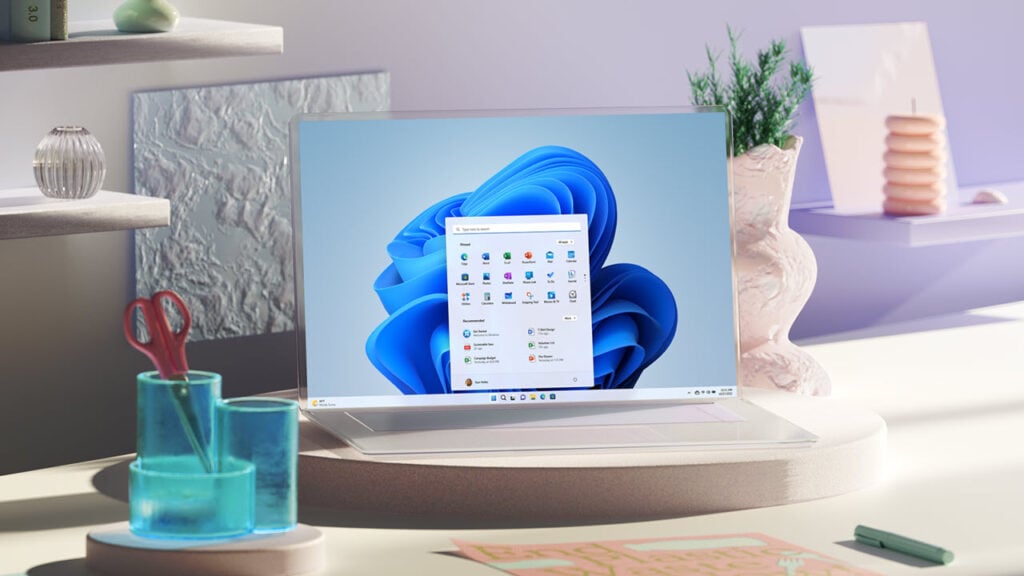Windows 11 is Microsoft’s newest operating system, bringing users a modern and improved computing experience. As online safety becomes increasingly important, picking the right antivirus program for your Windows computer is important. Now that Windows 11 is out, people ask whether they still need third-party antivirus programs like McAfee to keep their computers safe.
In this article, we have discussed the built-in Windows security and the pros and cons of using only Windows security.
Built-in Windows security
Windows 11 has a robust built-in security suite known as Windows Security, which has evolved significantly over the years. It includes Windows Defender Antivirus, Firewall, SmartScreen, and more features. These tools protect against malware, viruses, and other online threats.

Also read: Is McAfee a scam?
Pros and Cons of using Windows security
Here are the Pros and Cons of using Windows Security alone:
Pros of using Windows Security
- Easy to Use: Windows Security is already part of your computer, so you don’t have to do extra work to get it. You don’t need to download, install, or update additional software.
- Keeps Up to Date: Microsoft constantly updates Windows Security to stay ahead of new threats. This ensures that your system is protected against the latest malware and viruses.
- Minimal Resource Consumption: Windows Security is optimised to run efficiently in the background without slowing down your computer’s performance.
- Phishing and Ransomware Protection: Windows Security includes features like SmartScreen, which helps protect you from phishing attacks and malicious websites.
Cons of using Windows Security
- Basic Protection: Windows Security offers decent protection but may not be as comprehensive as some third-party antivirus solutions like McAfee. Advanced threats might require additional layers of security.
- Limited Customisation: Windows Security is somewhat limited in customisation and advanced settings, which could be a drawback for users who prefer more control over their security setup.
- Additional Features: McAfee and other top antivirus software like Trend Micro often come with supplementary features such as identity theft protection, VPN services, and optimisation tools you won’t find in Windows Security.

Also read: How to stop McAfee pop-ups?
Do you need McAfee with Windows 11?
The need for additional antivirus software like McAfee depends on various factors:
- User Habits: Windows Security might be sufficient if you’re a cautious internet user who avoids risky websites and downloads. However, additional protection might be wise if you frequently visit unfamiliar websites or download files from unverified sources.
- Risk Tolerance: Your tolerance for risk plays a significant role. If you can’t afford security breaches, investing in a reputable third-party antivirus like McAfee could offer peace of mind.
- Budget: Consider your budget, as third-party antivirus software often comes with subscription costs. Windows Security, being built-in, is a cost-effective option.
- Additional Needs: Assess whether you require features beyond basic antivirus protection. If you need a VPN, identity theft protection, advanced customisation options, McAfee or some other antivirus.
You don’t need McAfee if you’re using Windows 11. You only need Windows Defender to protect your PC from viruses and malicious software. Microsoft has been offering antivirus protection for a long time. Windows Defender is already a part of Windows and can detect over 95% of malware, making it a top-notch free antivirus. McAfee, conversely, is a more advanced antivirus with extra features that can further reduce the risk of computer threats.
However, if you use your computer normally, avoid risky websites, and don’t download files from unfamiliar sources, you might not need extra antivirus software. While Windows Defender doesn’t offer as many features, it’s adequate for everyday protection.






